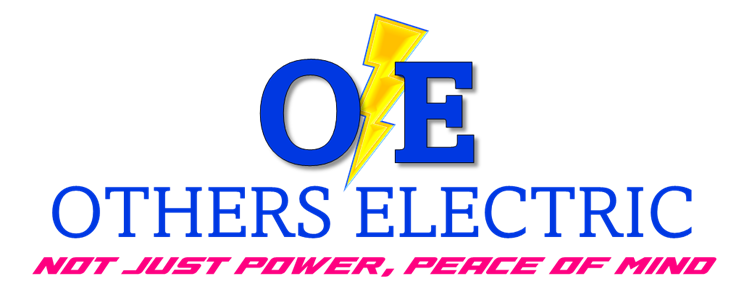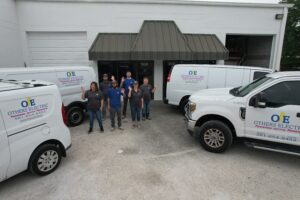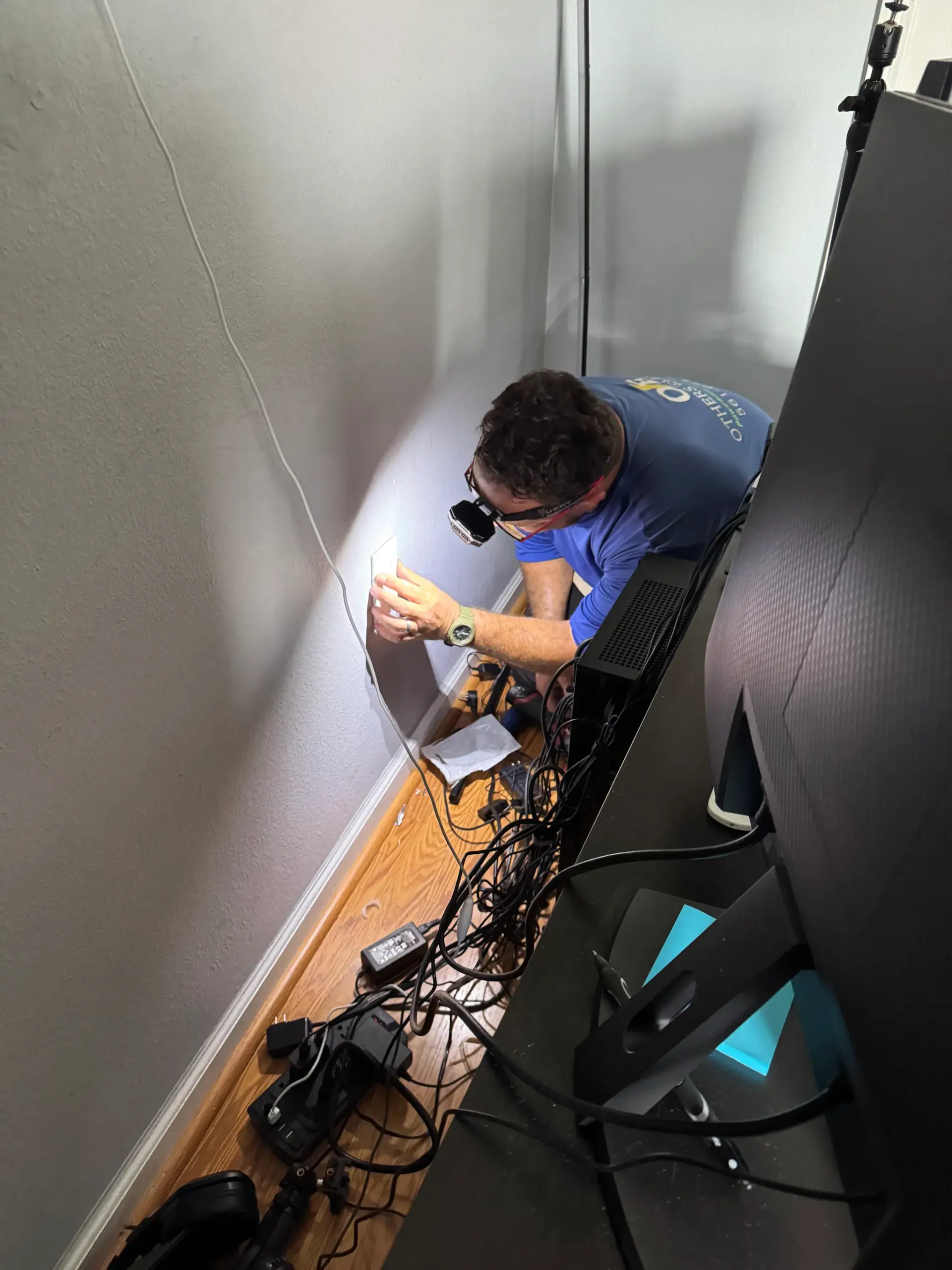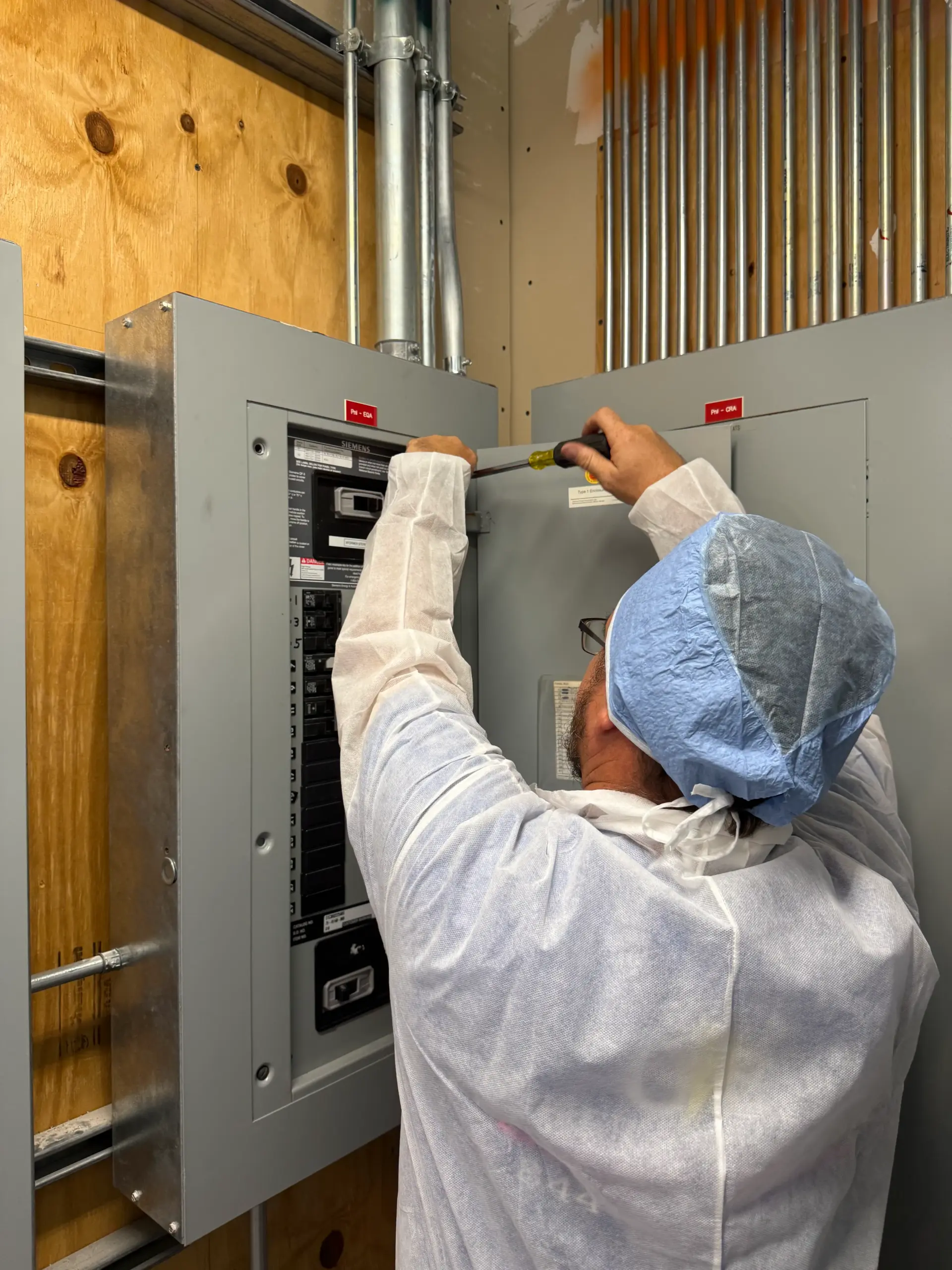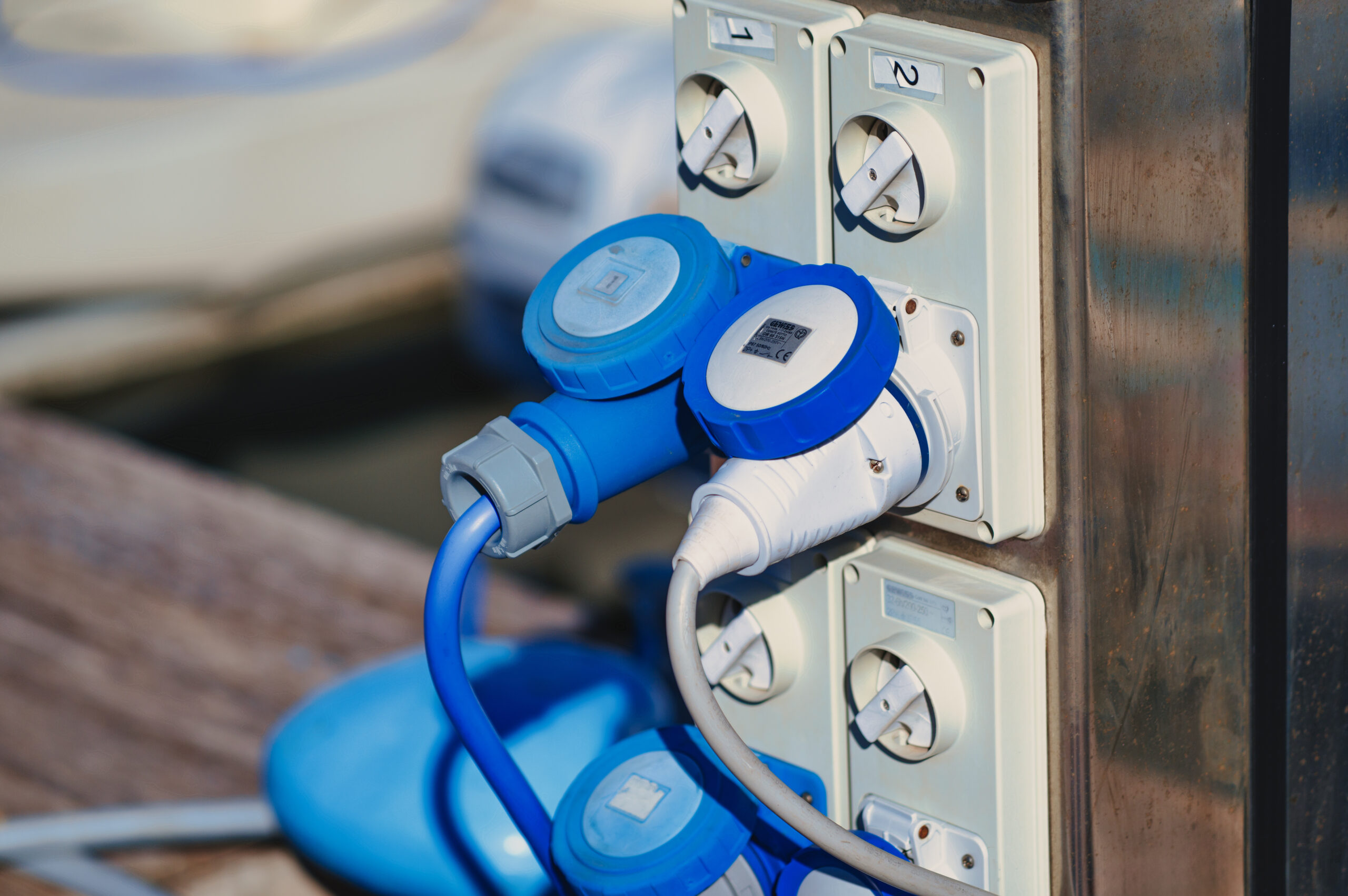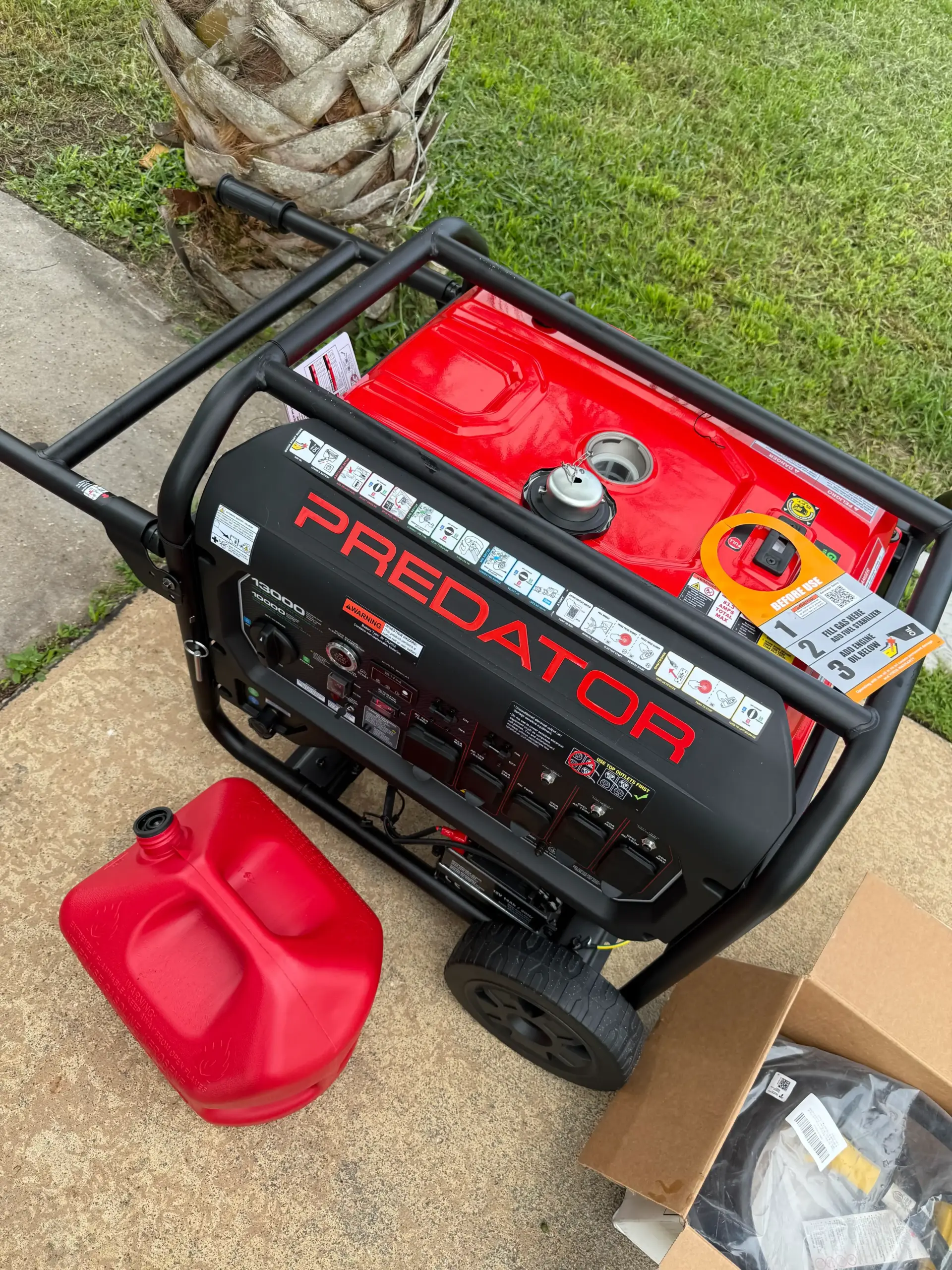When evaluating electrical service providers, homeowners often wonder: can a commercial electrician do residential work? The short answer is yes—but with some important considerations. Commercial electricians are highly trained professionals who specialize in large-scale electrical systems found in office buildings, retail stores, hospitals, and warehouses. However, their skill set often overlaps with residential electrical tasks, and many are licensed and capable of serving both commercial and residential customers.
In a state like Florida, where diverse property types and storm-resilient infrastructure demand highly qualified electrical services, understanding the nuances between commercial and residential electricians is essential. Let’s take a closer look at how commercial electricians are equipped to handle residential projects—and when it makes sense to hire one.
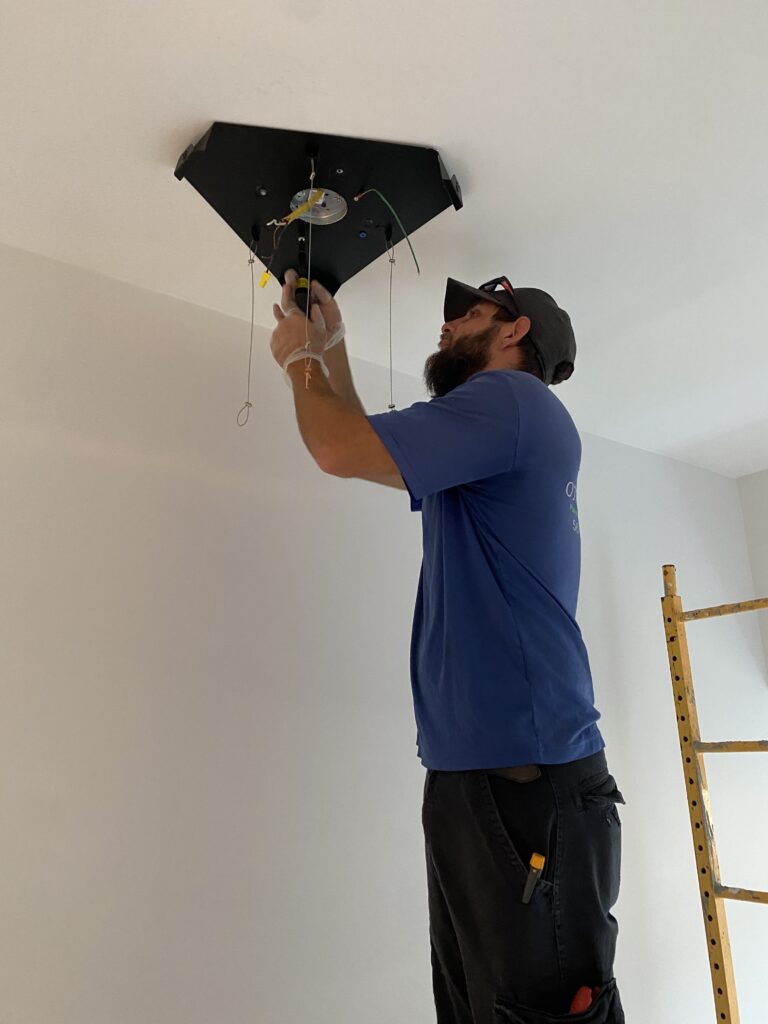
Comparing Commercial and Residential Electrical Work
The core distinction between commercial and residential electricians lies in the scale and complexity of the systems they manage. Residential electricians typically deal with 120-volt or 240-volt systems used in homes. These systems are simpler and more standardized than those in commercial environments.
Commercial electricians, on the other hand, often work with three-phase electrical systems, high-voltage panels, extensive lighting networks, and backup power systems. Their training is more rigorous, involving larger infrastructure, advanced safety codes, and a broader knowledge base. Because of this, they can easily apply their skills to residential settings—particularly when it comes to advanced home upgrades like EV charger installations, whole-home generators, smart panels, or solar integration.
Licensing and Legal Requirements
So, can a commercial electrician do residential work legally? That depends on licensing. In Florida, electricians must hold a license from the Florida Department of Business and Professional Regulation (DBPR). Many commercial electricians also possess a Certified Electrical Contractor (EC) license, which allows them to perform both residential and commercial work anywhere in the state.
Before hiring any electrician, it’s wise for homeowners to verify the contractor’s license and insurance status. This helps ensure compliance with local codes and protects both the property and occupants. At Others Electric, our team holds comprehensive credentials, making us a trusted provider across residential and commercial sectors.
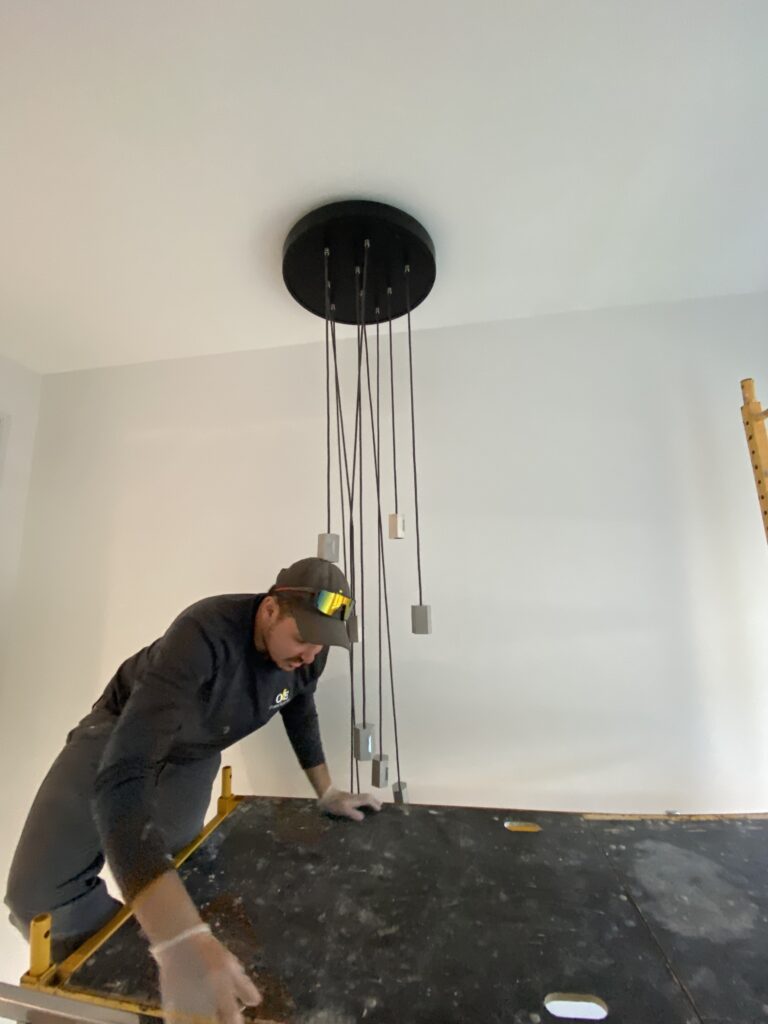
Scenarios Where Commercial Electricians Excel in Residential Jobs
There are certain scenarios in which hiring a commercial electrician for residential work is especially beneficial. One example is custom-built homes that include home theaters, security systems, or elaborate lighting designs. These projects often require technical skills and load calculations more commonly found in commercial installations.
Another situation is during storm hardening in Florida, when homeowners invest in standby generators, surge protection systems, and panel upgrades. Commercial electricians’ familiarity with large-scale equipment and safety protocols makes them well-suited for these residential enhancements.
Homeowners who run businesses out of their homes, such as salons, daycares, or home offices with high-tech equipment, may also benefit from the expertise of a commercial electrician. Their understanding of energy management, breaker balancing, and structured cabling can significantly improve the reliability of such hybrid spaces.
Code Compliance and Safety
Whether working on a shopping mall or a bungalow, electricians must comply with strict safety codes. Residential electricians follow the National Electrical Code (NEC) with adaptations for residential building standards. Commercial electricians, accustomed to navigating even more stringent versions of the NEC, are well-versed in fire safety, system redundancy, and electrical load management.
This experience translates to increased safety and future-proofing when applied in residential settings. For example, a commercial electrician installing a backup generator in a Florida home would not only consider weather-proof placement and load testing but also grid tie-in protocols and grounding safeguards.
Homeowners benefit from this high standard of work, especially in areas prone to severe weather and power interruptions. By using licensed experts, homeowners reduce the risk of hazards like arc faults, power surges, or overloaded circuits.
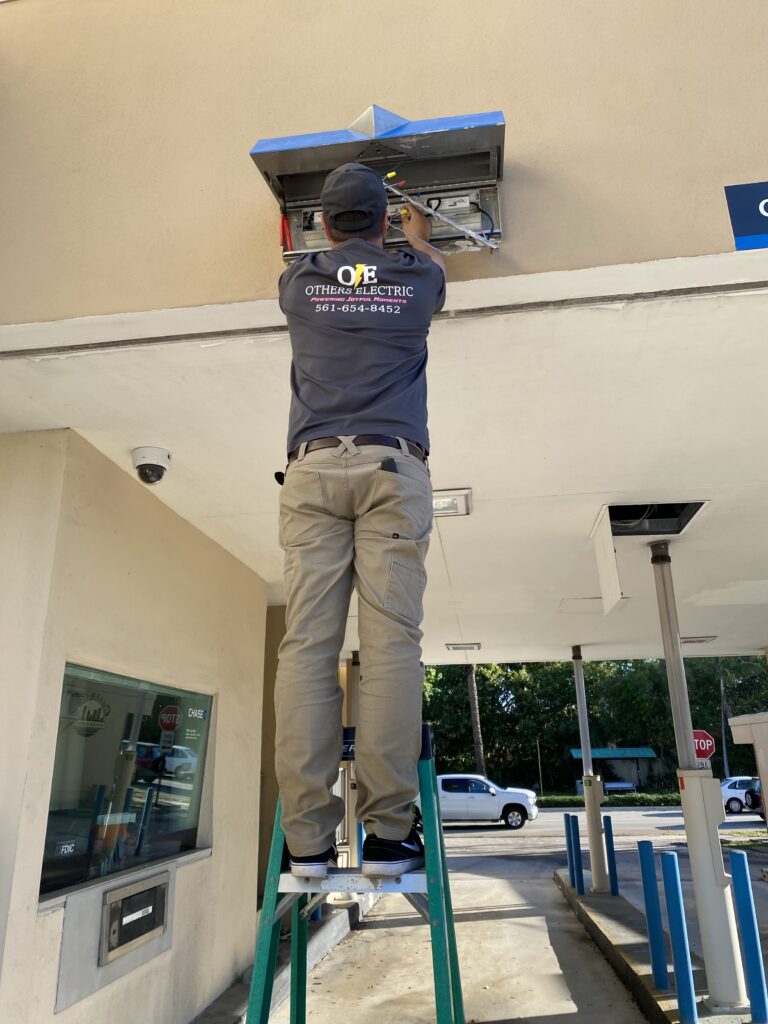
The Value of Versatility and Experience
One of the most significant advantages of hiring a commercial electrician for residential work is their adaptability. Because they regularly work in fast-paced environments and coordinate with architects, engineers, and building inspectors, commercial electricians bring a level of efficiency and foresight that can elevate residential projects.
They are also accustomed to troubleshooting complex systems and integrating new technologies—skills that are increasingly valuable as smart home devices and energy-efficient solutions become more common. Whether it’s installing smart lighting, whole-home battery storage, or high-speed internet wiring, their experience makes a difference.
Furthermore, some residential jobs escalate in complexity during the course of construction or remodeling. In such cases, having a commercial electrician already on-site can prevent costly delays or rework.
When to Hire a Residential vs. Commercial Electrician
While commercial electricians can certainly perform residential work, homeowners should consider the scope of their project. For basic wiring, light fixture replacements, or small-scale repairs, a residential electrician may be more cost-effective and readily available.
However, for larger renovations, major system upgrades, generator installations, or integrating energy management systems, the advanced skills of a commercial electrician can bring long-term value and peace of mind. Ultimately, the decision should be based on experience, licensing, and the complexity of the task at hand.
For multi-use properties or residential structures with commercial-grade features, hiring a commercial electrician becomes not only suitable but often essential. Florida’s unpredictable weather patterns and growing demand for tech-integrated homes only further justify bringing in a versatile expert.
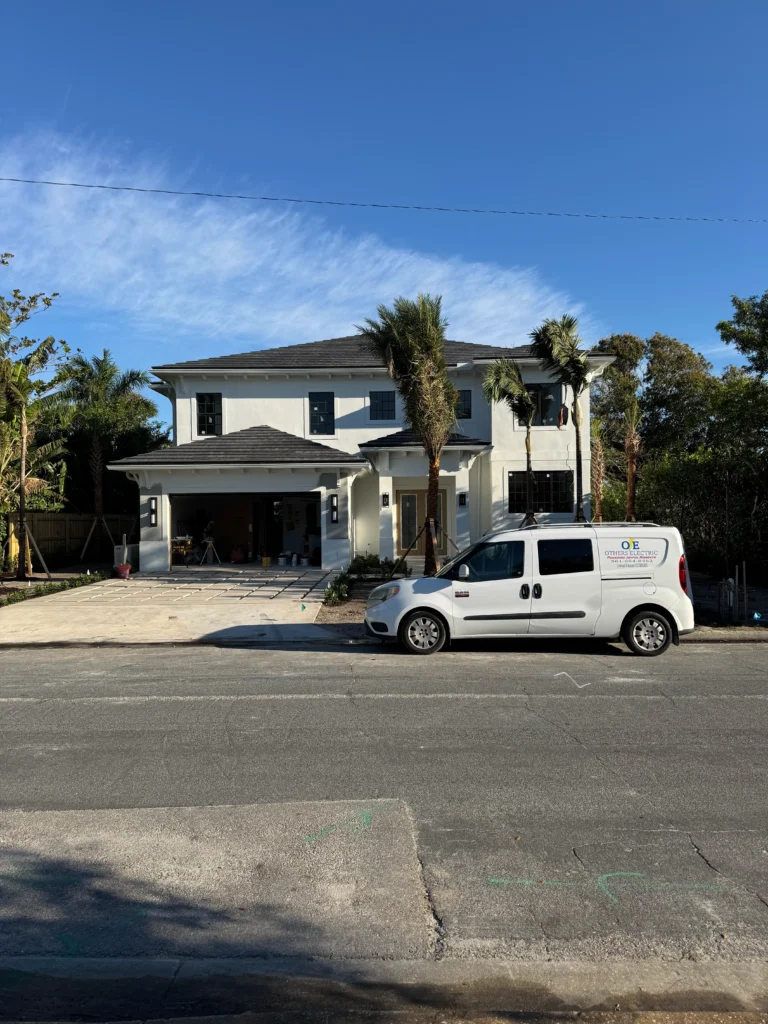
Conclusion
Can a commercial electrician do residential work? Absolutely—especially when you need a high level of expertise, resilience, and adaptability. These professionals are equipped to handle everything from basic home wiring to complex, integrated systems that require commercial-level precision.
At Others Electric, our certified commercial electricians are fully licensed to serve both homes and businesses throughout Florida’s East Coast. Whether you’re upgrading your home for energy efficiency, storm readiness, or smart technology, we deliver quality, code-compliant solutions that stand the test of time.
For additional guidance on safe electrical installations, visit ESFI or review your local regulations at the Florida DBPR.
